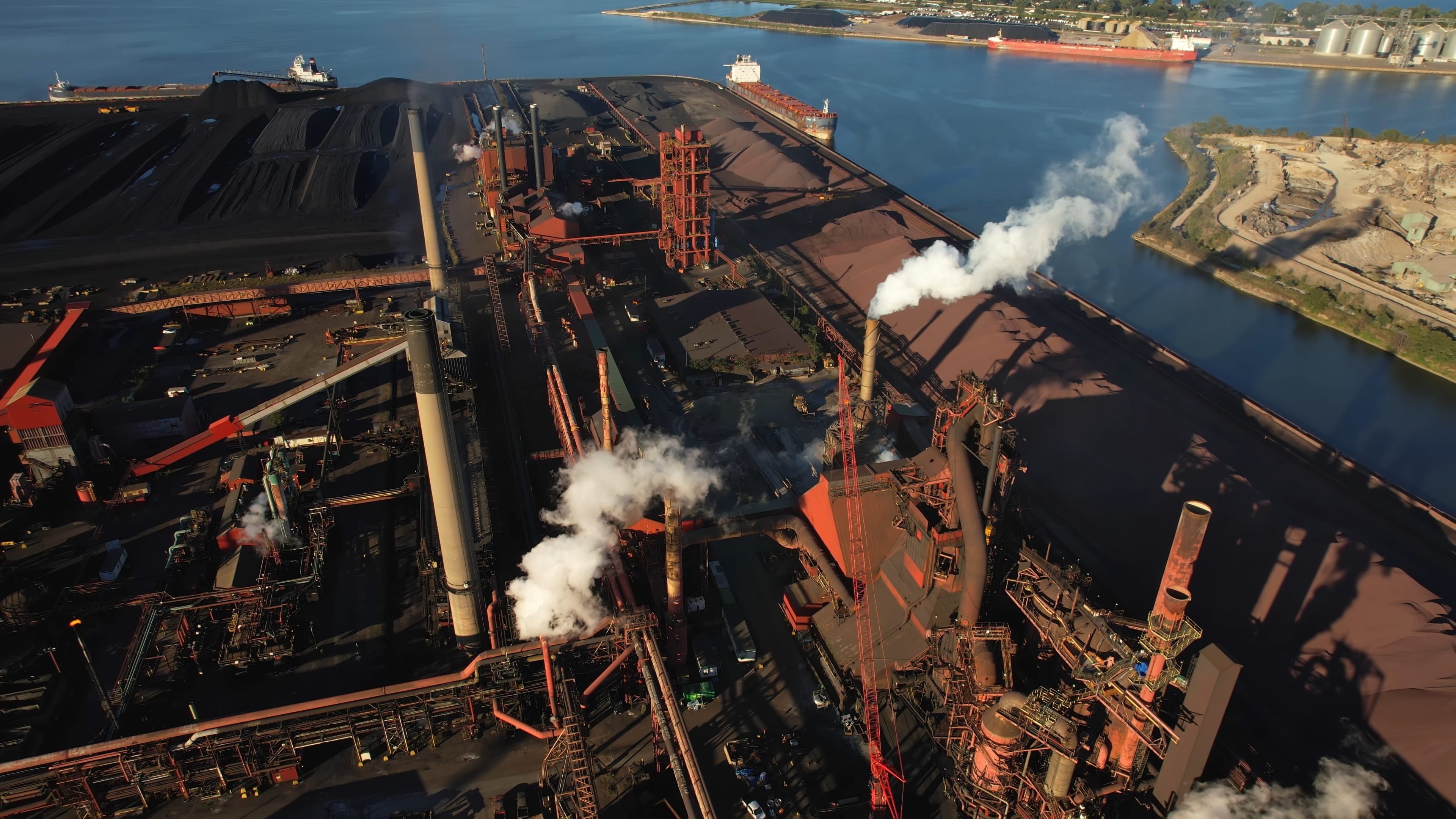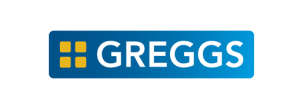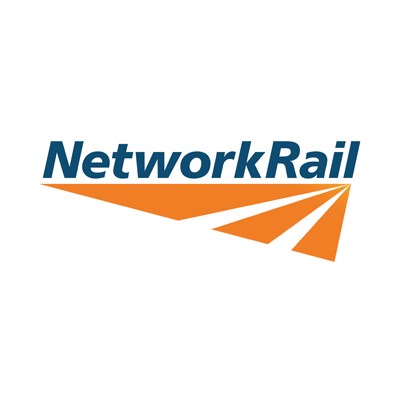
From Scope 1 to Scope 3: IoT's Role in Achieving Net Zero Emissions for Businesses.
The concept of net-zero emissions is becoming increasingly important for businesses as the world moves towards a more sustainable future.
In order to achieve this goal, companies must look at all aspects of their operations, from the direct emissions generated by their operations (Scope 1) to the indirect emissions generated by their suppliers and customers (Scope 2 and Scope 3).
The Internet of Things (IoT) can play a critical role in reducing emissions across all three scopes by providing real-time monitoring and control of various environmental factors.
Scope 1
Scope 1 emissions are direct emissions generated by a company's operations, such as those from burning fossil fuels to power buildings and machinery. An IoT solution, such as the I-System by Invisible Systems, can help reduce these emissions by providing real-time monitoring of energy usage and enabling automated control to optimise energy efficiency.
For instance, a study by the University of California, San Diego found that by deploying IoT sensors to monitor the temperature and pulse of their machinery, a manufacturing company was able to reduce energy usage by 6%.
Muller, an Invisible Systems client, was able to save £12,000 in costs within the first month of their I-System installation.
The real-time monitoring of their main filling line noted anomalies with the vibration of the machinery, enabling preventative maintenance to take place. This ensured the line could continue to function, reducing waste, emissions and costs.
Scope 2
Scope 2 emissions are indirect emissions generated by the consumption of purchased electricity. IoT can help reduce these emissions by providing real-time monitoring of energy usage and enabling automated control to optimise energy efficiency.
The retail industry is a particular case whereby scope 2 emissions can be reduced by up to 15%, simply by using IoT sensors to monitor the status of lighting systems, automatically turning them off when not in use.
Invisible System are supporting the UK construction sector to tackle their scope 2 emissions. Using Eco Lync, a unique IoT Energy Management System, construction sites are able to reduce the requirement for diesel-fuelled generators on sites. In some scenarios, sites are able to be powered entirely by the grid.
The Eco Lync solution has been able to reduce carbon emissions by as much as 80%. This reduction in diesel usage also has a significant impact when considering cost reduction.
Scope 3
Scope 3 emissions are indirect emissions generated by the activities of suppliers and customers, such as the emissions generated by the production of goods and services used by a company. IoT can help reduce these emissions by providing real-time monitoring of environmental factors such as carbon dioxide (CO2) and humidity levels, enabling companies to make informed decisions about their supply chain operations.
A case study by the World Economic Forum found that a food and beverage company was able to reduce scope 3 emissions by 10% by using IoT sensors to monitor the CO2 emissions generated by their suppliers, and choosing suppliers with a lower carbon footprint.
So, what can the Internet of Things do for your business?
IoT has the potential to play a critical role in reducing emissions across all three scopes of a business's operations.
By providing real-time monitoring and insight into factors such as temperature, pulse, status, energy, CO2, and humidity, IoT can help companies optimise their operations and reduce their overall carbon footprint, all while increasing their profits.
An Internet of Things solution has never been more accessible for businesses. At Invisible Systems, we’re able to provide our customers with a smart monitoring solution from as little as £7.50 per month. Now is the time for companies to invest in their sustainable practices in order to be well-positioned to thrive in the rapidly changing business landscape.
To learn more about the benefits of integrating the I-System into your business, book a consultation with a member of our expert team today.







